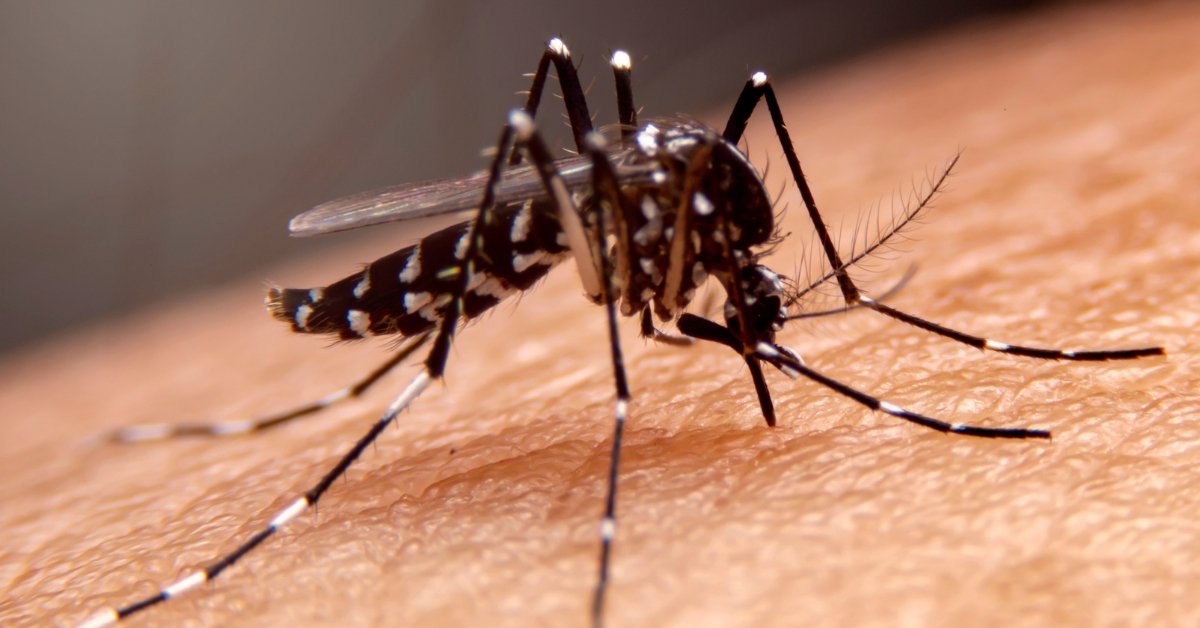Dengue Fever’s Spread: Global warming accelerates dengue’s reach, endangering pregnant women and future generations in popular tourist destinations.
Table of Contents
Growing Risk in Popular Tourist Destinations
Global Reach Expanding: Recent research reveals alarming concerns about the spread of dengue fever due to global warming, posing a threat to future generations.
Dr. Livia Menezes, who has been delving into the effects of dengue fever on pregnant women and their children, stated that what was once a subtropical virus is now present in over 120 countries.
This includes several sought-after tourist destinations.
Increasing Risks in Europe
Tourist Alert: Although no warnings have been issued for countries like Ireland and the UK, Dr. Menezes emphasizes the heightened risk for tourists visiting popular destinations such as Spain, Portugal, Italy, France, Croatia, and the southern US states. Tourists are advised to exercise caution and be prepared.
The Underestimated Impact on Pregnant Women
Deeper Insights: Dr. Menezes, an assistant economic professor at the University of Birmingham, passionately warns that the issue “needs to be taken seriously and quickly.”
She points out the often overlooked concern: “Even though dengue is a widespread mosquito-borne disease, the impact on birth outcomes and the health repercussions for children has not received adequate attention.”
Startling Findings: Collaborative research with Dr. Martin Foureaux Koppensteiner, Associate Professor in Economics at the University of Surrey, has brought to light some alarming statistics:
- Children born to mothers infected with dengue fever during pregnancy face a 27% increased risk of hospitalization from birth to age three.
- Their second year of life is particularly precarious, presenting a 76% spike in the risk of hospitalization.
Call for Action: The research highlights the urgent need for governments and health organizations to intervene.
“Better protection for pregnant women and their children is paramount,” asserts Dr. Menezes.
She also advocates for dengue fever to be placed in the same category as TORCH infections for pregnant women, which includes ailments like Toxoplasmosis, Rubella, HIV, syphilis, chicken pox, Zika, and influenza.
Implementing policy changes, vector control, improved risk communication, and promoting vaccine adoption can mitigate the risks and protect mothers and their future generations.
Severe Dengue Cases in Europe
A Growing Concern: Dengue fever is not just a benign illness.
Severe cases, experienced by about one in 20 patients, can lead to complications such as shock, internal bleeding, and, in some cases, death.
Recent Stats: The European Centre for Disease Prevention and Control has flagged a concerning trend.
As of October 2 this year, Europe has reported 74 non-travel-associated dengue cases: Italy (42 cases), France (31 cases), and Spain (1 case).
It is clear that dengue fever, intensified by global warming, is not just a fleeting concern.
The implications for pregnant women and, in turn, their children make it imperative for both individuals and governments to prioritize precautions, research, and interventions.
Get our best stuff sent straight to you! Join our WhatsApp Channel.


